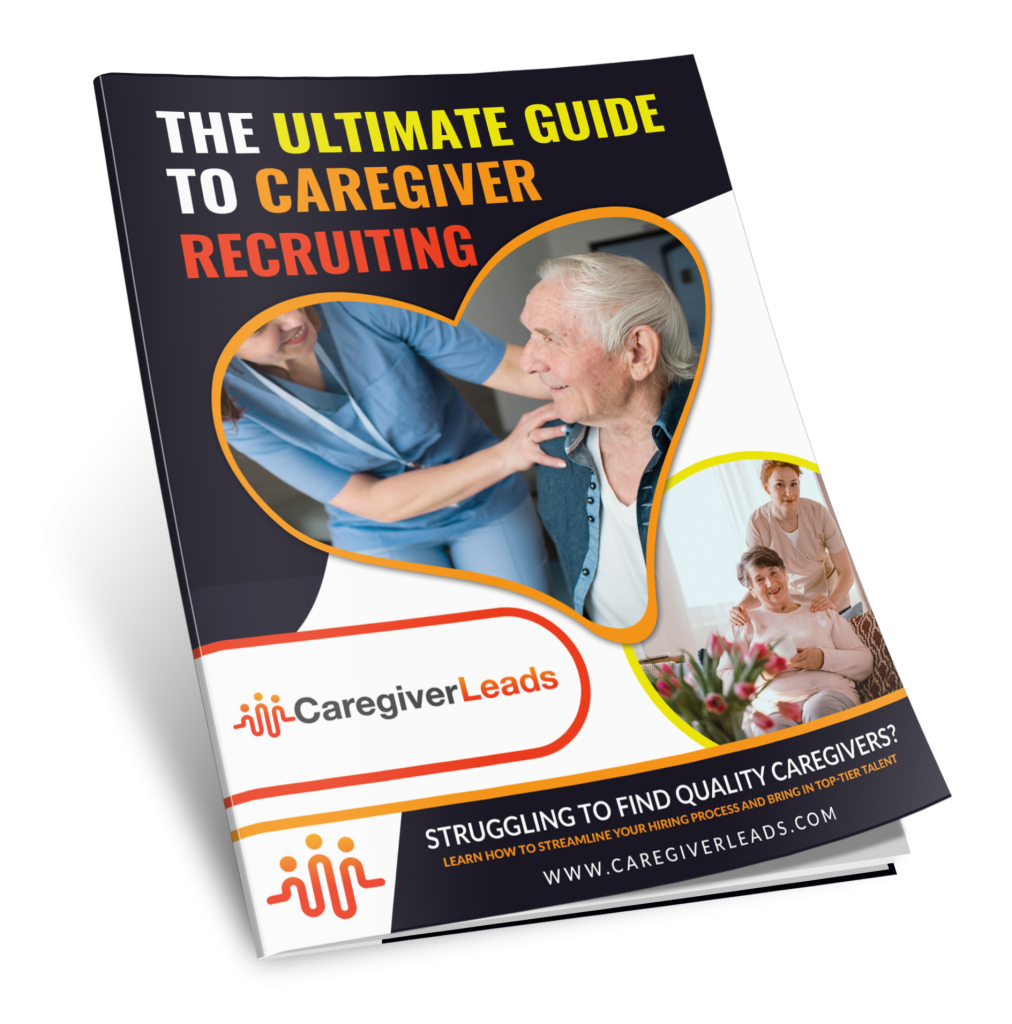Introduction
In the ever-evolving landscape of healthcare staffing, the integration of automated caregiver recruiting processes has emerged as a game-changer. This article delves into the profound impact of these automated systems on reducing stress within Human Resources (HR) departments. By streamlining and optimizing the recruitment process, these innovative technologies not only alleviate the burden on HR professionals but also pave the way for enhanced efficiency and productivity in healthcare staffing. Join us as we explore how automated caregiver recruiting processes are revolutionizing HR practices and transforming the healthcare industry.
Understand
Understanding Automated Caregiver Recruiting Processes
Before delving into the impact of automated caregiver recruiting processes on HR stress reduction, it’s essential to understand how these systems function. Automated caregiver recruiting processes leverage advanced technology, such as artificial intelligence (AI) and machine learning algorithms, to streamline various aspects of the recruitment process. From job posting to candidate screening and interview scheduling, these automated systems aim to optimize efficiency and accuracy while minimizing manual intervention.
Key Components of Automated Caregiver Recruiting Processes
-
Job Posting Automation
-
Resume Screening Algorithms
-
Candidate Assessment Tools
-
Interview Scheduling Automation
The Benefits of Automated Caregiver Recruiting Processes
1. Streamlining Recruitment Workflows
Automated caregiver recruiting processes streamline recruitment workflows by automating repetitive tasks and reducing manual intervention. This results in faster and more efficient hiring processes, allowing HR professionals to focus their time and energy on strategic activities.
2. Enhancing Efficiency and Accuracy
Secondly, by leveraging technology and algorithms, automated systems enhance the efficiency and accuracy of caregiver recruitment. AI-powered resume screening and candidate assessment tools identify top talent quickly and accurately, ensuring that only the most qualified candidates progress through the recruitment pipeline.
3. Improving Candidate Experience
Moreover, a positive candidate experience is essential for attracting and retaining top talent. Automated caregiver recruiting processes provide candidates with timely feedback, streamlined communication, and a more efficient hiring process, creating a positive impression of the organization and enhancing the employer brand.
4. Reducing HR Stress
Perhaps the most significant benefit of automated caregiver recruiting processes is their ability to reduce stress within HR departments. By automating repetitive tasks and streamlining recruitment workflows, these systems alleviate the administrative burden on HR professionals, allowing them to focus on higher-value activities and strategic initiatives. Let us discuss the benefits for HR in detail:
Streamlining Administrative Tasks
First of all, automated caregiver recruiting processes significantly reduce the administrative burden on HR professionals by automating repetitive tasks. From job posting to resume screening and interview scheduling, these systems handle time-consuming administrative tasks, freeing up valuable time for HR professionals to focus on strategic initiatives and higher-value activities.
Improving Efficiency and Productivity
Secondly, by streamlining recruitment workflows and automating manual processes, automated caregiver recruiting processes enhance overall efficiency and productivity within HR departments. With AI-powered algorithms handling resume screening and candidate assessment, HR professionals can quickly identify top talent without the need for extensive manual review, leading to faster hiring decisions and improved productivity.
Enhancing Decision-Making
Moreover, automated caregiver recruiting processes provide HR professionals with valuable insights and data-driven analytics to support decision-making throughout the recruitment process. By analyzing candidate data and performance metrics, these systems enable HR professionals to make informed decisions that align with organizational goals and objectives, reducing the risk of errors and improving overall recruitment outcomes.
Facilitating Collaboration and Communication
Finally, effective communication and collaboration are essential components of successful recruitment processes. Automated caregiver recruiting processes facilitate seamless communication and collaboration among HR team members, hiring managers, and other stakeholders involved in the recruitment process. By centralizing communication channels and providing real-time updates and notifications, these systems ensure that everyone remains informed and engaged throughout the hiring process, reducing stress and improving overall efficiency.
Overcoming Challenges and Implementation Considerations
While automated caregiver recruiting processes offer numerous benefits, they are not without challenges. HR departments may face obstacles such as system implementation costs, technology integration issues, and resistance to change from existing staff. However, with proper planning, training, and support, these challenges can be overcome, paving the way for a smoother transition to automated recruitment processes.
Conclusion
In conclusion, automated caregiver recruiting processes have a profound impact on HR stress reduction in healthcare staffing. By streamlining recruitment workflows, enhancing efficiency and accuracy, improving candidate experience, and reducing administrative burden, these systems empower HR professionals to achieve greater success in caregiver recruitment. Embracing automation is not just about adopting new technology—it’s about transforming HR practices to meet the evolving needs of the healthcare industry.
Frequently Asked Questions (FAQs)
How do automated caregiver recruiting processes work?
Automated caregiver recruiting processes leverage advanced technology, such as artificial intelligence (AI) and machine learning algorithms, to streamline various aspects of the recruitment process, including job posting, resume screening, candidate assessment, and interview scheduling.
2. What are the key benefits of automated caregiver recruiting processes?
The key benefits of automated caregiver recruiting processes include streamlining recruitment workflows, enhancing efficiency and accuracy, improving candidate experience, and reducing HR stress by automating repetitive tasks and minimizing manual intervention.
3. What challenges may HR departments face when implementing automated caregiver recruiting processes?
HR departments may encounter challenges such as system implementation costs, technology integration issues, and resistance to change from existing staff. However, with proper planning, training, and support, these challenges can be overcome.



